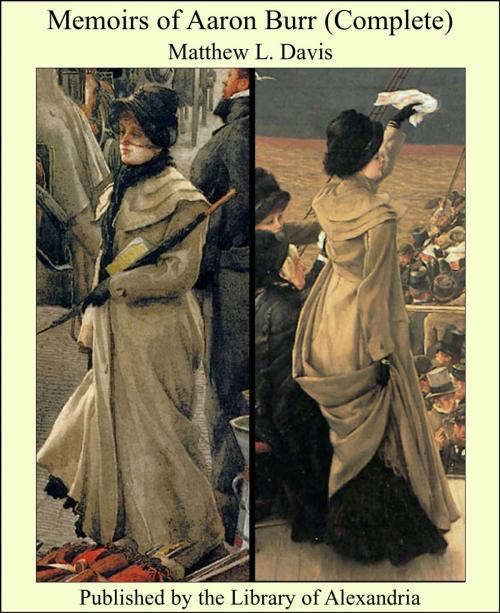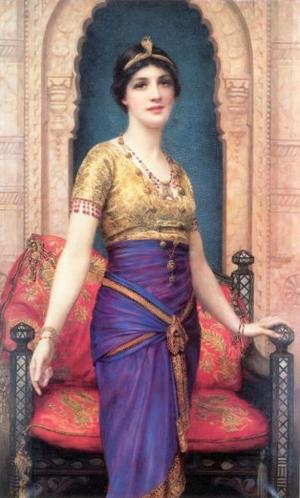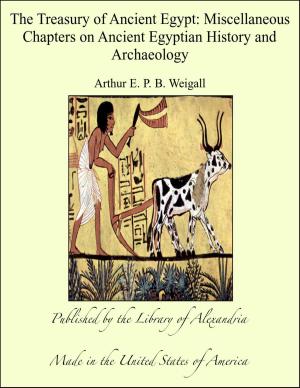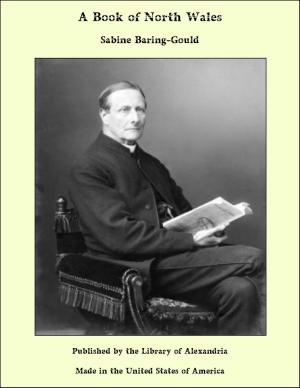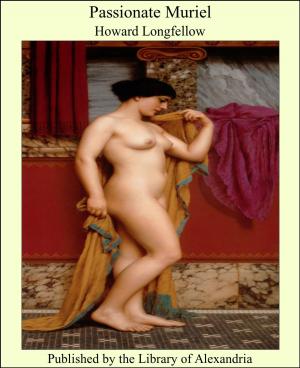Memoirs of Aaron Burr (Complete)
Nonfiction, Religion & Spirituality, New Age, History, Fiction & Literature| Author: | Matthew L. Davis | ISBN: | 9781465541475 |
| Publisher: | Library of Alexandria | Publication: | March 8, 2015 |
| Imprint: | Language: | English |
| Author: | Matthew L. Davis |
| ISBN: | 9781465541475 |
| Publisher: | Library of Alexandria |
| Publication: | March 8, 2015 |
| Imprint: | |
| Language: | English |
During a period of forty years I was intimately acquainted with Colonel Burr, and have reason to suppose that I possessed his entire confidence. Some time after his return from Europe in 1812, on different occasions, he suggested casually a wish that I would make notes of his political life. When the Memoirs and Correspondence of Mr. Jefferson were published, he was much excited at the statements which were made in his Ana respecting the presidential contest in Congress in 1801. He procured and sent me a copy of the work, with a request that I would peruse the parts designated by him. From this time forward he evinced an anxiety that I would prepare his Memoirs, offering me the use of all his private papers, and expressing a willingness to explain any doubtful points, and to dictate such parts of his early history as I might require. These propositions led to frequent and full conversations. I soon discovered that Colonel Burr was far more tenacious of his military, than of his professional, political, or moral character. His prejudices against General Washington were immoveable. They were formed in the summer of 1776, while he resided at headquarters; and they were confirmed unchangeably by the injustice which he said he had experienced at the hands of the commander-in-chief immediately after the battle of Long Island, and the retreat of the American army from the city of New-York. These grievances he wished to mingle with his own history; and he was particularly anxious to examine the military movements of General Washington on different occasions, but more especially at the battle of Monmouth, in which battle Colonel Burr commanded a brigade in Lord Stirling’s division. I peremptorily refused entering upon any such discussion; and, for some time, all communication on the subject ceased. Colonel Burr, however, renewed the conversation relative to his Memoirs, and agreed that any thing which might be written should be confined to himself. With this understanding I frequently visited him, and made notes under his dictation. I never asked him a question on any subject, or in relation to any man or measure, that he did not promptly and willingly answer. On his part there was no desire of concealment; nor did he ever express to me a wish to suppress an account of any act of his whole life. So far as I could judge, his only apprehensions were that “kind friends,” as he sometimes termed them, by attempts at explanation, might unintentionally misrepresent acts which they did not understand
During a period of forty years I was intimately acquainted with Colonel Burr, and have reason to suppose that I possessed his entire confidence. Some time after his return from Europe in 1812, on different occasions, he suggested casually a wish that I would make notes of his political life. When the Memoirs and Correspondence of Mr. Jefferson were published, he was much excited at the statements which were made in his Ana respecting the presidential contest in Congress in 1801. He procured and sent me a copy of the work, with a request that I would peruse the parts designated by him. From this time forward he evinced an anxiety that I would prepare his Memoirs, offering me the use of all his private papers, and expressing a willingness to explain any doubtful points, and to dictate such parts of his early history as I might require. These propositions led to frequent and full conversations. I soon discovered that Colonel Burr was far more tenacious of his military, than of his professional, political, or moral character. His prejudices against General Washington were immoveable. They were formed in the summer of 1776, while he resided at headquarters; and they were confirmed unchangeably by the injustice which he said he had experienced at the hands of the commander-in-chief immediately after the battle of Long Island, and the retreat of the American army from the city of New-York. These grievances he wished to mingle with his own history; and he was particularly anxious to examine the military movements of General Washington on different occasions, but more especially at the battle of Monmouth, in which battle Colonel Burr commanded a brigade in Lord Stirling’s division. I peremptorily refused entering upon any such discussion; and, for some time, all communication on the subject ceased. Colonel Burr, however, renewed the conversation relative to his Memoirs, and agreed that any thing which might be written should be confined to himself. With this understanding I frequently visited him, and made notes under his dictation. I never asked him a question on any subject, or in relation to any man or measure, that he did not promptly and willingly answer. On his part there was no desire of concealment; nor did he ever express to me a wish to suppress an account of any act of his whole life. So far as I could judge, his only apprehensions were that “kind friends,” as he sometimes termed them, by attempts at explanation, might unintentionally misrepresent acts which they did not understand
